Laura Naw is a volunteer project manager in Albania for ADRA Slovakia, a non-governmental organisation in Slovakia with 27 years of experience in implementing humanitarian, developmental and volunteering projects for those in need in Slovakia and abroad. ADRA Slovakia aims to help people lead dignified and free lives while better preparing them for a possible humanitarian crisis. The Slovak Spectator will publish more blog posts from ADRA volunteers in the coming weeks.
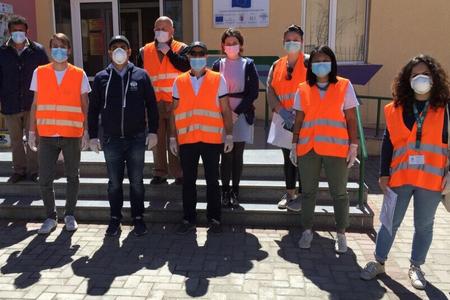
On a beautiful late spring morning, the staff of ADRA Albania had the opportunity to interview one member of the Egyptian community*, who is heavily affected by the string of events brought by the COVID-19 pandemic. We met him at the premises of the Gonxhe Bojaxhiu community centre, in the administrative unit 8, in Tirana, right after the last distribution of food and hygienic supplies that ADRA organised for Roma and Egyptian communities throughout last May.
Just before the interview began, a thin, well-dressed 50-year-old man with dark skin took a seat in the room in front of us and introduced himself as Tani. Immediately, we were surprised how the features of his face showed fewer years than his real age.
After giving him time to get comfortable with the environment and the camera, we asked him to say a few things about himself to break the ice with us.
After a short introduction of himself as the head of a family composed of 11 members, he told us that his main wish as a member of the Egyptian community is to have educated children, fully integrated into Albanian society through the support of the local and national institutions.
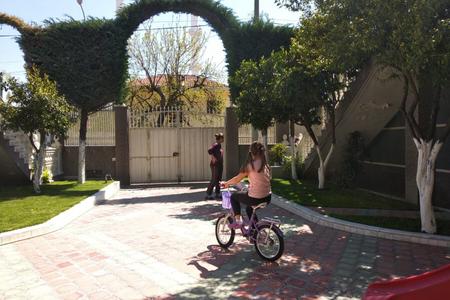
Tani and his family live on the immediate outskirts of Tirana. The living conditions are quite extreme. For instance, the water source is slightly far from where he lives. Every day, especially now at the beginning of a warm summer, he needs to go back and forth to collect it for his family.
The biggest challenge for his children, just like for all children of the community, is the ongoing discrimination by which he and his community have been affected; they are considered and treated as second-class citizens. As he mentions during the interview, a big obstacle for the children in accessing fair education is the lack of some documents that are required by the schools.
A great deal of effort must be taken to bring positive changes and to spread the knowledge of Egyptian culture, traditions and make the public aware that we are not a plague of society, as some perceive us to be, he stated.
Tani concluded the interview by telling us that he will always be on the first line advocating for his and his community’s rights.
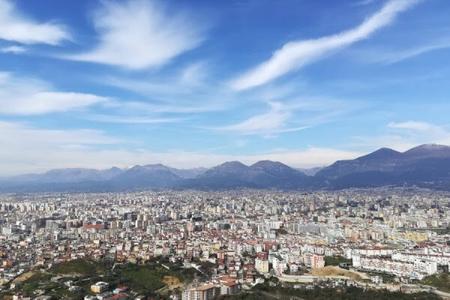
Tani is an outstanding example in the community. For many years, he has been advocating and lobbying for the marginalised communities, to help them access a better life. The community considers him a point of information and orientation in case they need to access public services. Furthermore, they see him as the voice of the community, they have faith in him and they consider him a good example.
We hope that he will fulfil his wishes, and of course, we as ADRA Albania will always be on the side of vulnerable people and we will support his cause.
* Egyptian communities in Albania represent the minority with a disputable link to ethnic Egyptians, often considered Roma. However, they do not identify themselves Roma and do not speak Romani.
Author: Laura Naw

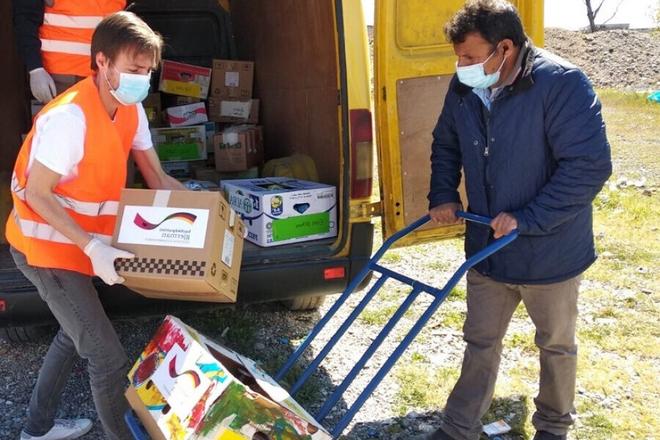 Tani with Cyriakus, an EUAV volunteer, distributing food supplies during COVID-19 pandemic. (source: ADRA Albania)
Tani with Cyriakus, an EUAV volunteer, distributing food supplies during COVID-19 pandemic. (source: ADRA Albania)
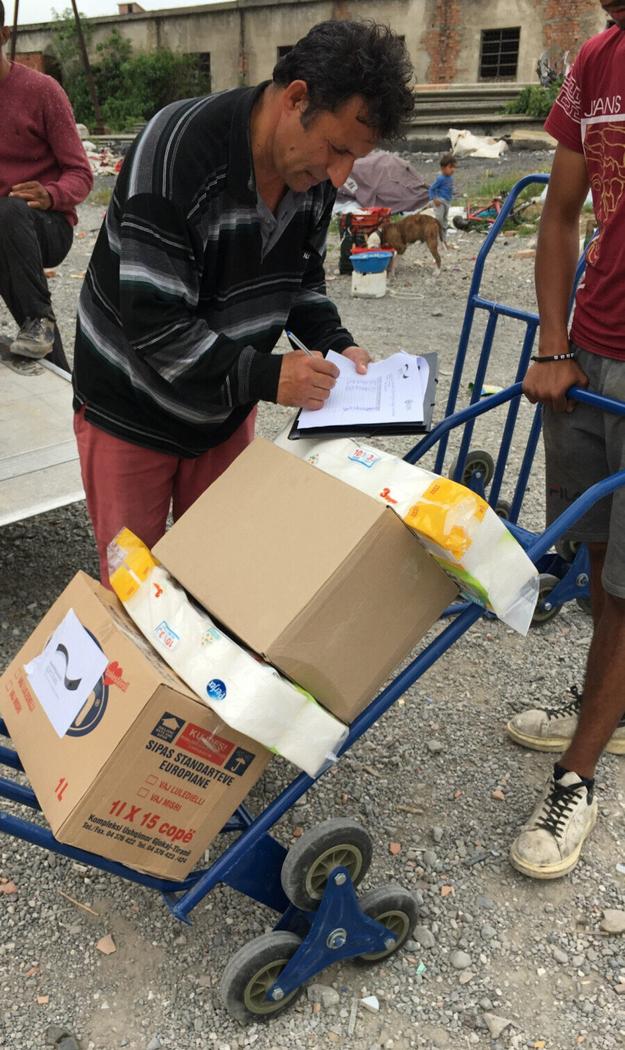 Tani is a positive example for his community of Egyptians in Tirana. His community consists of 35 Egyptian families. (source: ADRA Albania)
Tani is a positive example for his community of Egyptians in Tirana. His community consists of 35 Egyptian families. (source: ADRA Albania)